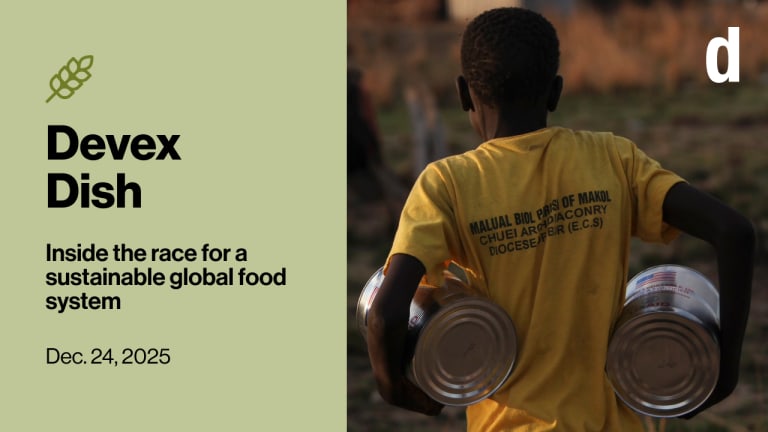
The United Kingdom has announced 5 million British pounds ($7.65 million) in humanitarian aid for victims of the ongoing conflict in the Central African Republic, where insecurity and instability appears to have become the status quo.
The support is a short-term approach to an emergency situation overshadowed by crises in Syria or Mali, where donor attention seems to be centered. It will be channeled to the International Committee of the Red Cross— one of the few remaining international aid groups operating in the country — and is meant to provide water and sanitation, rebuild homes and improve nutrition. Part of the money is also allocated to the U.N.’s Humanitarian Air Service to help humanitarians reach remote areas.
The announcement by U.K. Parliamentary Under Secretary of State for International Development Lynne Featherstone comes a few weeks after international medical humanitarian group Médecins Sans Frontières highlighted the multiple issues taking place in the CAR: insecurity, looting, deteriorating health conditions. The transitional government is struggling to achieve full state control, and armed groups are taking advantage, forcing more and more people to stay in the bush, which makes them highly vulnerable to malaria.
A ‘forgotten crisis’
CAR captured the attention of the aid community in late 2012, when Seleka rebels took hold of major cities across the country. The movement led to the eventual overthrow of then President François Bozize, an incident that led to a series of donor aid suspensions. The European Union, for instance, has put on hold its development programs in the country.
Due to insecurity, most aid groups have also started pulling out of the country, and those who remain are struggling with aid delivery and limited funds. Among the U.N.’s consolidated appeals, the $195.14 million request for CAR is the second most underfunded: Only 32 percent or $62.49 million has been received to date.
“Working in CAR is difficult and costly: security problems keep NGOs confined to the capital, Bangui (or necessitate evacuation during the acute phase of the conflict) and a lack of infrastructure makes it difficult for iNGOs to travel into other parts of the country. Most locations outside the capital can only be accessed by flying, and this has become very costly,” MSF spokesperson Sandrine Tiller told Devex.
Although MSF does not take funding from government in conflict situations, Tiller said U.K.’s support is “good news” and the organization hopes recent visits by high-level aid officials such as EU humanitarian aid commissioner Kristalina Georgieva and U.N. humanitarian chief Valerie Amos will help call attention to this ‘forgotten crisis’ — although the country was not part of those that received CERF allocations from the underfunded emergencies window this year.
“We hope that this allocation of funds is a signal to a longer term commitment by the British government to supporting humanitarian and development programmes in CAR,” she noted.
MSF noted in its report earlier this month: “Not considered to be in a sufficiently acute situation to attract emergency funds, nor able to fulfil the requirements to receive structural funds for development, the country is trapped between a state of ‘emergency’ and one of ‘development.’”
Read more development aid news online, and subscribe to The Development Newswire to receive top international development headlines from the world’s leading donors, news sources and opinion leaders — emailed to you FREE every business day.




